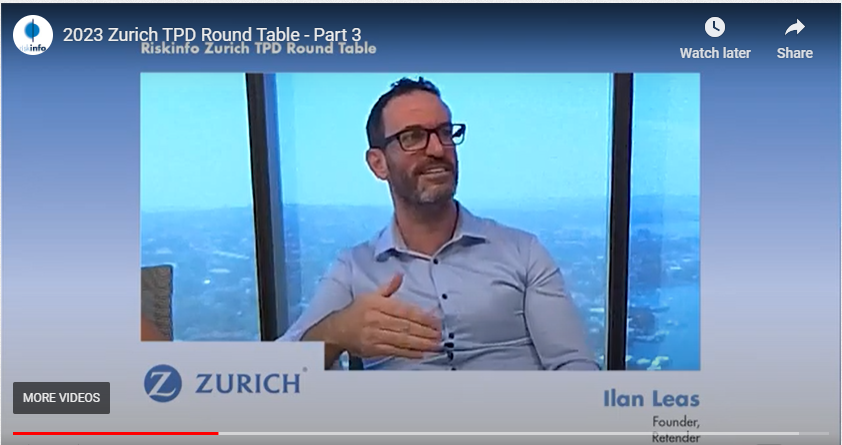Our report that the surge in mental health-related TPD claims in recent years is delivering some fundamental conflicts for both insurers and the insured, and leading to a re-think of the TPD product offer, attracted strong reader interest this week…
The surge in mental health-related TPD claims in recent years is delivering some fundamental conflicts for both insurers and the insured, leading in turn to a re-think of the TPD product offer.
One such conflict, as debated at last month’s TPD Round Table, relates to the seeming contradiction that exists in a more enlightened community – one which has destigmatised mental illness – where it is generally accepted that rehabilitation services and returning to work are pathways that can lead to recovery from mental health episodes or conditions, allowing the individual to ‘live their best life possible.’
This can conflict, however, with the purpose of total and permanent disability cover, where an insured will logically seek to present the nature of their claim condition to the insurer as one that will never or will unlikely ever allow them to return to work.
…this conflict can be amplified when considering large TPD sum insured benefits
Sometimes labelled as ‘compensation neurosis’ this conflict can be amplified when considering large TPD sum insured benefits, where there also exists a potential moral hazard for the individual to be motivated to focus more on receiving a financial TPD benefit than on their recovery from the claimed condition.
There appeared to exist a consensus among the TPD Round Table panel of a prevailing view that being employed and working or returning to work is a very important component in contributing to a person’s health and long-term well-being. This leads to another perceived conflict where some advisers and consumer groups assert that insurers are only interested in progressing this option in order to avoid TPD claims that may otherwise be accepted.
…enhanced rehabilitation services …would be a win/win scenario
The counter argument discussed by the panel proposes that enhanced rehabilitation services (if insurers were permitted to provide them under a TPD product offer) would be a win/win scenario which would offer the insured a better chance of recovery and ‘living their best life possible’, while the avoidance of paying a claim benefit in these circumstances would ease the pressure on insurers to increase premiums for all insured lives.
The label of being considered totally and permanently disabled is also one with which few members of the community appear comfortable, especially in the case of subjectively-based mental illnesses.
In the coming months, Riskinfo will report further developments and recommendations around the future of the TPD product offer in Australia as various groups and organisations unveil their thoughts and proposals for change – changes which will be intended to ensure the TPD product remains sustainable, fit for purpose, accessible and affordable for all consumers seeking such cover.













